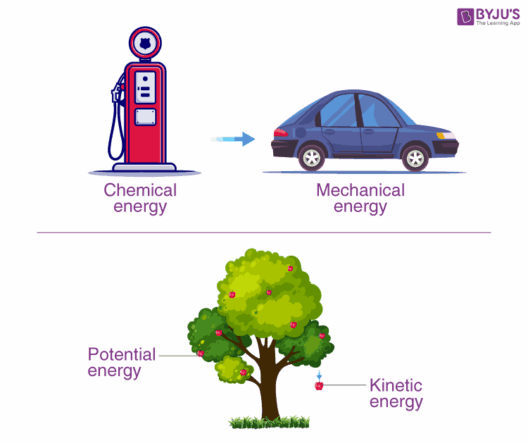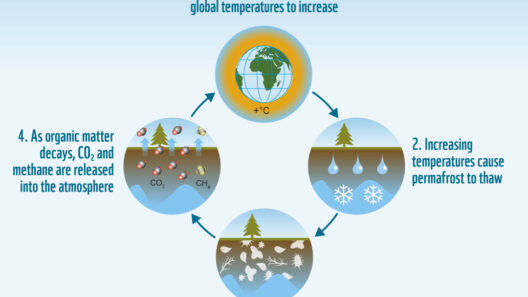Farmers markets have grown significantly in popularity over the years, emerging as a bastion for promoting local agriculture while offering a myriad of benefits to communities and the environment. Engaging with these markets can be a crucial step towards mitigating global warming, as they embody principles that encourage sustainable practices and foster stronger local economies. This article will explore the various ways supporting farmers markets can contribute to a more sustainable and eco-friendly future.
Initially, one of the most salient benefits of shopping at farmers markets is the emphasis on locally sourced produce. Transportation of food plays a pivotal role in carbon emissions, with large-scale food distribution relying heavily on fossil fuels. Produce that travels long distances—often thousands of miles—contributes significantly to greenhouse gas emissions. By choosing to purchase food from local farmers, consumers can drastically reduce the carbon footprint associated with their meals. The shorter the distances food travels, the lower the emissions from trucks, planes, and railways. As such, attending farmers markets directly supports efforts to reduce reliance on fossil fuels.
Moreover, local farmers are often more inclined to employ sustainable agricultural practices. Unlike many large-scale farms that may use intensive farming techniques, local farms typically embrace organic methods—avoiding synthetic fertilizers and pesticides that contribute to soil degradation and water pollution. Organic farming not only sequesters carbon in the soil but also enhances biodiversity and preserves essential habitats. By patronizing farmers markets, consumers are not just buying food; they are endorsing environmentally responsible farming practices that prioritize the health of the planet.
Another significant aspect that ties farmers markets to environmental responsibility is the encouragement of seasonal eating. When shopping at a farmers market, consumers are more likely to purchase fruits and vegetables that are in season. Seasonal eating not only yields higher quality and fresher produce but also reduces the need for energy-intensive agricultural practices often used to grow out-of-season crops. This process can involve artificial lighting, heating, or shipping products from distant climates, all of which contribute to greenhouse gas emissions. By aligning dietary choices with seasonal offerings, individuals can foster a more sustainable food system while enriching their diets with diverse and nutrient-rich foods.
Furthermore, farmers markets galvanize community support for local economies. By engaging directly with local farmers, consumers help strengthen local agriculture and create resilient food systems. Economic resilience is integral to sustainable development—stable local economies can better withstand the impacts of climate change. When communities invest in local food systems, they ultimately enhance their capacity to adapt to environmental challenges, such as droughts or floods, which are becoming increasingly prevalent due to global warming.
Shopping at farmers markets also tends to reduce food waste. Unlike supermarkets that frequently overstock perishable items, local farmers are generally more attuned to the demand for their products. This intimate knowledge allows them to harvest quantities that are more appropriate to actual consumption trends, thereby minimizing excess. Learning about food production, and connecting with growers can inspire greater awareness and conscientiousness among consumers, fostering habits that prioritize mindful consumption and waste reduction.
The social dimensions of farmers markets further enrich their impact on mitigating climate change. These venues often serve as community hubs where education and awareness about environmental issues can flourish. Workshops, cooking demonstrations, and sustainability discussions can occur, empowering consumers to make informed choices regarding their diets and lifestyles. When consumers are educated about the implications of their food choices, they are more likely to embrace practices that are environmentally conscious, such as composting or advocating for food justice.
Moreover, farmers markets can represent a catalyst for policy change. Encounters with local farmers and vendors can inspire grassroots movements advocating for better agricultural policies that emphasize sustainability. When individuals mobilize to voice their concerns and support initiatives aimed at climate action, such as regenerative farming practices or conservation efforts, they contribute to a broader mechanism for tackling climate issues on a systemic level. This type of community engagement is crucial for fostering resilience against climate-related changes and building a sustainable future.
In addition to personal and community benefits, there exists a broader environmental imperative associated with supporting local agriculture. Agricultural systems reliant on fossil fuels are unsustainable and are actively contributing to the climate crisis. A transition to diversified, local food systems can provide ecological benefits such as promoting soil health, conserving water, and supporting pollinators—all of which are essential for a stable climate. Eating localized food not only enhances food sovereignty but also invites consumers to engage with the natural cycles of their environments, facilitating a deeper understanding and respect for ecological balance.
In conclusion, embracing farmers markets as a central component of food choices is a pragmatic approach to contribute to the fight against global warming. The advantages extend far beyond the immediate consumption of food to encompass environmental sustainability, community resilience, and educational opportunities. By choosing to frequent these markets, individuals can effectively participate in cultivating a more sustainable future, transforming their commitment to climate action into tangible support for local agriculture and environmental stewardship. As the effects of climate change grow increasingly urgent, the conversation around our food choices must evolve—farmers markets can play a pivotal role in shaping that dialogue and creating lasting change.







